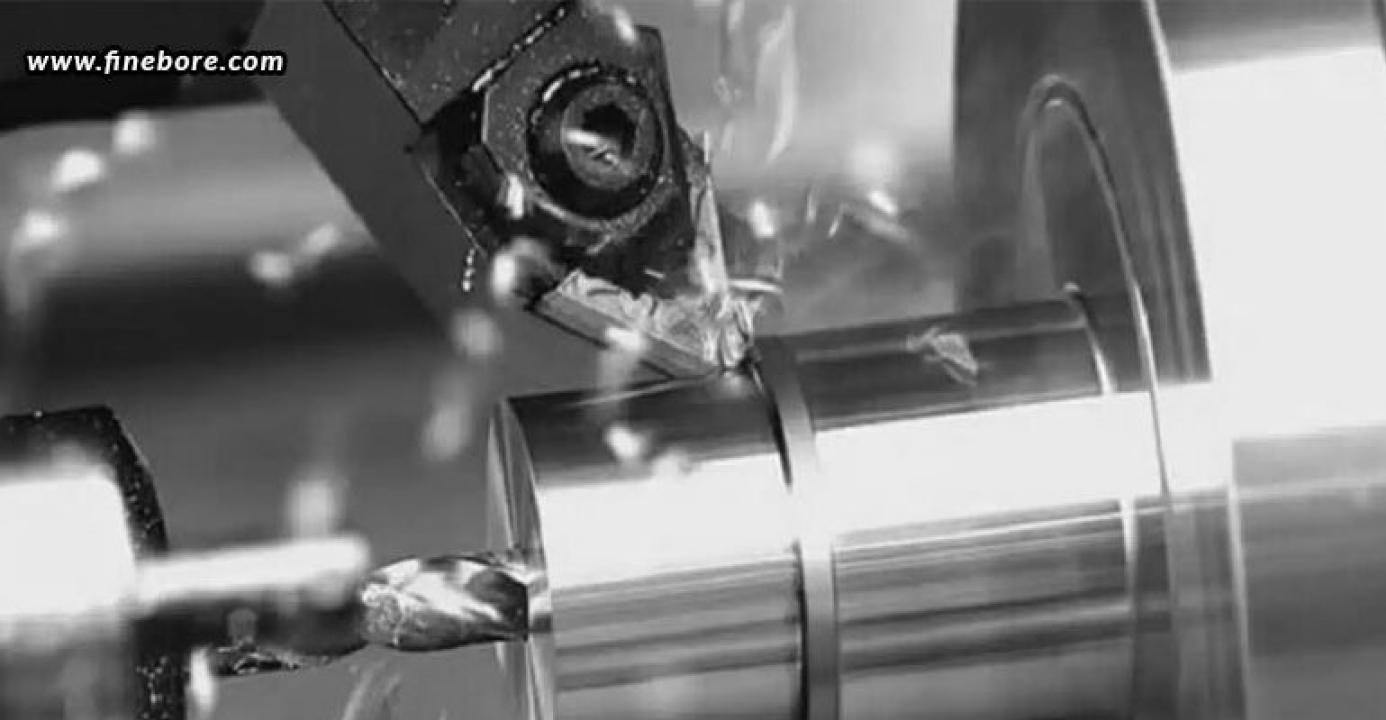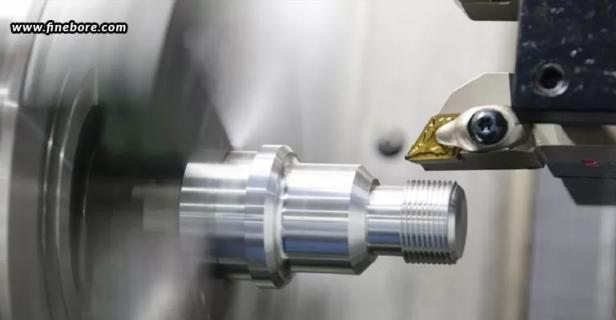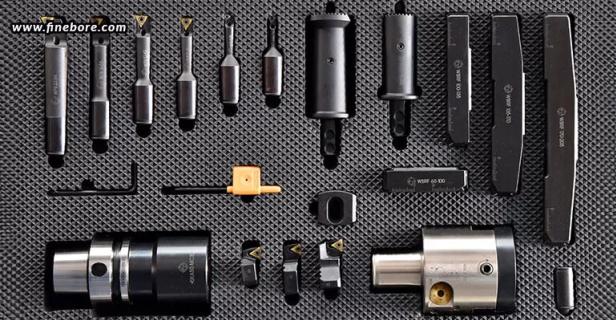Precision is the foundation of machining, and achieving precise tolerances with boring bars necessitates careful planning, precise tools, and refined techniques. Maintaining tolerances guarantees maximum functioning and product quality, regardless of whether you’re working on complex components or large-scale production. From tool setup to final inspection, this blog examines essential strategies to assist machinists in achieving precision.
Understanding tolerances in machining
Tolerances provide functioning and compatibility within assemblies by defining the permitted deviations in a part’s dimensions. Tolerances are essential in boring operations to achieve accurate alignment, surface finishes, and hole diameters. Tolerances can range from standard to ultra-fine, depending on the application, especially in industries like aerospace or medical manufacturing. Choosing the appropriate boring bar, making sure the tool is set up correctly, and keeping an eye on the machining parameters to ensure precision are all necessary to meet these standards. Manufacturers can reliably produce high-quality components within predetermined limits by implementing best practices.
Choosing the right boring bar
To achieve exact tolerances, the right boring bar must be chosen. The tool’s material, length-to-diameter ratio, and overall stiffness are important considerations. Carbide or dampened boring bars are used for tighter tolerances as they provide better stability and reduce vibrations. Micro boring bars are made especially for smaller dimensions, which are frequently required in specialized industries like aerospace engineering and medical device manufacturing. Selecting the appropriate boring bar guarantees peak performance and makes a substantial contribution to preserving dimensional precision.
Tool setup for precision
The key to preserving machining accuracy is proper tool setup. Clamping the boring bar firmly minimizes movement while it is operating, which lowers the opportunities for errors. To prevent variations in bore dimensions, it is essential to accurately align the tool with the workpiece. Take extra precautions to control vibration when utilizing long-reach boring bars by using dampened bars or adjusting machining settings like feed rate and speed. A sturdy setup improves the overall quality of the machined product and creates the foundation for achieving tighter tolerances.
Machining parameters and stability
Achieving the required tolerances and preserving stability depend on optimizing the machining settings. Cutting speed and feed rate can be reduced to increase accuracy when working with harder materials or exacting standards. In deep-boring applications in particular, minimizing the tool overhang reduces deflection and improves stability. By using cutting fluids, heat is dissipated and thermal expansion is kept from impairing bore accuracy. Even under difficult machining circumstances, consistent performance is guaranteed by properly calibrated parameters.
Inspection and measurement techniques
To make sure machined parts fulfil tolerance standards, routine inspection is essential. For dimensional verification, precision tools such as coordinate measuring machines (CMM), micrometres, and bore gauges are essential. Internal discrepancies can be found using non-destructive testing techniques like ultrasonic examination without causing any damage to the component. Furthermore, real-time monitoring is made possible by in-process measuring equipment, which aid in the early detection and correction of anomalies in the manufacturing cycle. These methods lower the possibility of mistakes and expensive rework.
Common challenges and solutions
Thermal expansion, vibrations, and tool wear are some of the challenges in maintaining tight tolerances. Maintaining precision requires regular inspection and prompt replacement of worn tools. Thermal effects on machining can be lessened by letting workpieces and machines settle to room temperature. Modular boring bars with built-in vibration-dampening devices provide a workable way to guarantee stability for deeper bores. Manufacturers can maintain strict tolerance standards and improve machining productivity by proactively resolving these issues.
As we have learnt, it takes a combination of the appropriate equipment, careful setup, and attentive monitoring during the machining process to achieve precise tolerances with boring bars. Machinists can reliably create high-quality parts that satisfy exacting specifications by comprehending how variables like material, tool stiffness, and machining conditions interact. FineTech Toolings provides reliable and creative solutions for professionals looking for premium boring bars in Bangalore made to exact tolerances, with knowledge and state-of-the-art equipment that helps to achieve unmatched machining precision.
Resource: Read more



